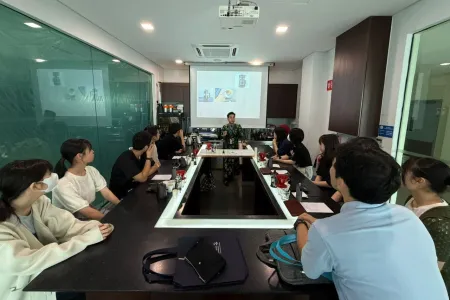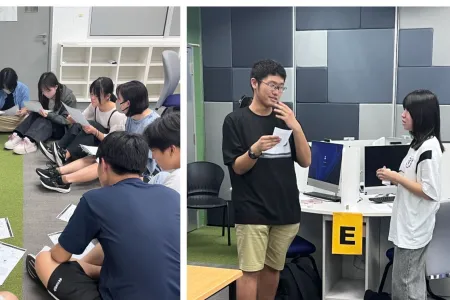Sustainable and Inclusive Wellness Tourism for a Post-COVID-19 Recovery Strategy in Southeast Asia
At a recent a School of Hospitality and Service Management research seminar of the Asia Pacific Centre for Hospitality Research (APCHR), Dr Jaeyeon Choe, presented on “Sustainable and Inclusive Wellness Tourism for a Post-COVID-19 Recovery Strategy in Southeast Asia”. Dr Choe is a Visiting Professor at Hue University, Vietnam, and a Sustainable Tourism Consultant at Insita Bali Indonesia. Her research projects largely revolve around wellness tourism, which recently also includes Southeast Asian and COVID-19 contexts.
During here fieldwork on the impacts of wellness tourism on host communities in Bali, one of the research participants mentioned that the wellness tourism activities support tourists but not the locals. As the tourism industry boomed in Bali, the island became overwhelmed with tourist crowds, traffic congestions, and goods and services gradually became expensive for the locals. Dr Choe emphasised that wellness tourism should not only benefit the tourist’s own personal health and wellbeing, but should also ensure the environmental, economic, and social wellbeing of local communities. The impact of the film “Eat, Pray, Love” has somewhat attributed to overtourism that took place in Bali with the development of tourism products and services to “re-live” the movie’s experience.
Dr Choe highlighted that there are tourists that travel to Bali to gain the ‘Balinese yoga experience’ without much exploration of other cultures and traditions. Some of these yoga establishments are also exist in paddy fields in order to provide tourists with an exclusive wellness experience. Furthermore, about 85% of these wellness businesses are owned or ran by non-locals, where lower-income jobs were filled in by the local population. It was also mentioned that since local residents could no longer participate in the economic and social environment brought about by tourism, they have moved into marginalised areas. In certain instances, residents would sell off their land and quickly exhaust these newly earned money. Furthermore, there has also been critique over the ongoing commercialisation of local culture.
Nonetheless, tourism has contributed to the socioeconomic development of local communities in many ways. Local community members who had the expertise in yoga were also able to participate in the wellness tourism economy as instructors. Dr Choe mentioned that locals became more entrepreneurial in tourism developments – food and beverage, as well as yoga establishments. One prevalent challenge that local establishments face, is the intense competition with foreign-owned establishments with more attractive product offerings. Dr Choe emphasised the need for training and upskilling of local community members to empower them to increase their participation in the tourism industry. During COVID-19, some of the foreign-owned yoga studios were also able to provide their services online. Local establishments on the other hand, could not compete due to the lack of resources and skills.
With the pandemic taking place, tourism revenue came to a halt in Bali. As tourists could no longer enter Bali, many former employees and microentrepreneurs have returned to traditional livelihoods such as farming and fishing. Post-COVID-19, Dr Choe suggests that perhaps a tourism economy with a collaborative nature could emerge. Wellness tourism activities could take place in decentralised locations at farms, where tourists could also participate in agricultural / aquaculture experiences on top the wellness experience sought. Additionally, remote areas of Bali (where poverty is more significant) could gradually earn more attention as central tourists' locations become overcrowded. Last but not least, Dr Choe also stressed the importance of ‘diversification’ in tourism receipts, particularly during the pandemic, where domestic tourism can transpire. Hence, there is a need to develop wellness tourism for domestic tourists in the long-term. On a closing note, Dr Choe mentioned that governmental agencies play a key role in rebooting tourism in Southeast Asia for the development of infrastructure, facilities, and human resources.





